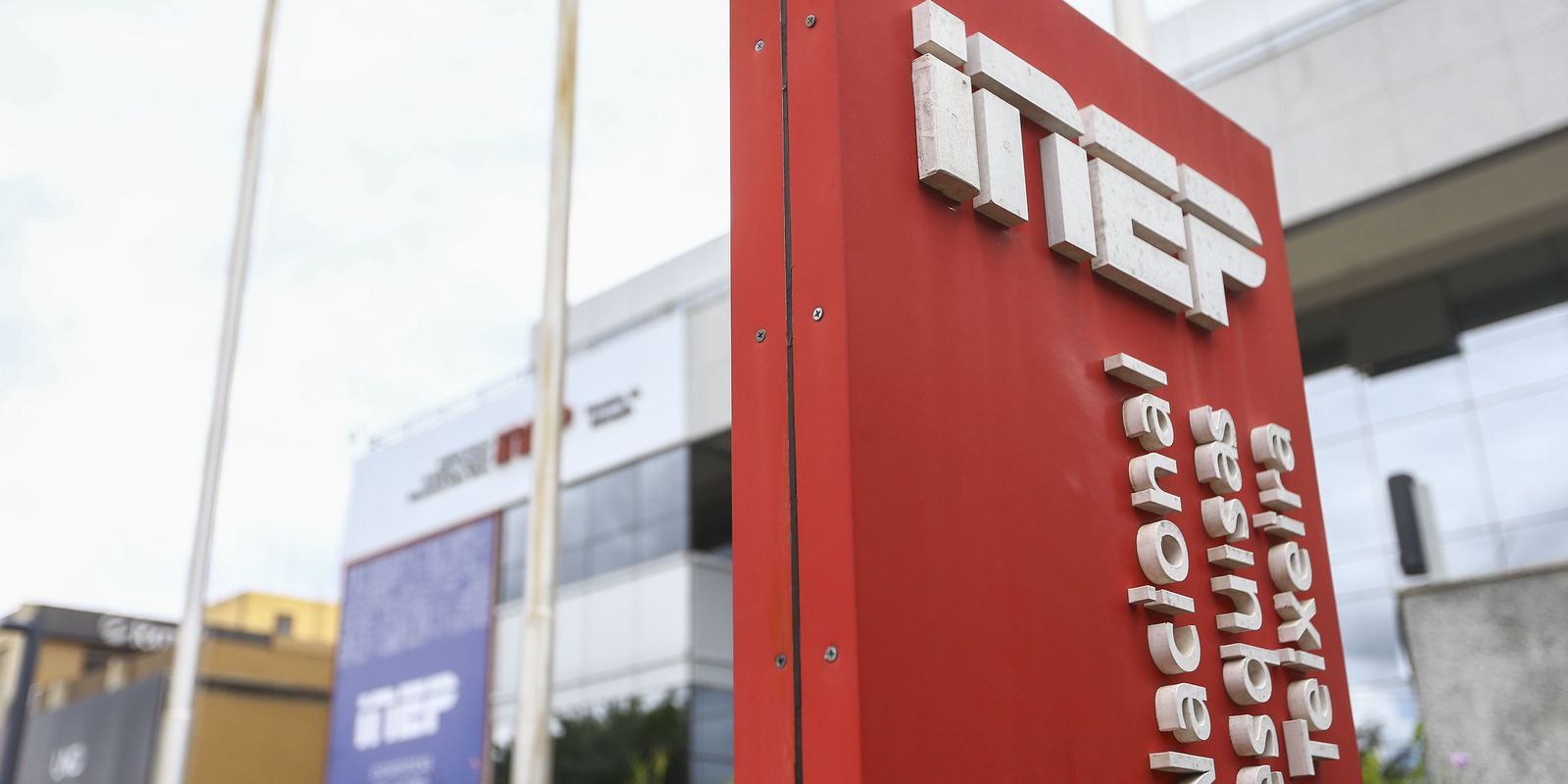The Federal Police (PF) launched Operation Bankruptcy today (7), as a result of an investigation carried out in conjunction with the Office of the Comptroller General of the Union (CGU), which also participates in the searches. The action investigates bidding for the National Secondary Education Examination (Enem), from 2010 to 2018.
According to CGU, an audit carried out in 2019 revealed irregularities in the contracts signed by the National Institute of Educational Studies and Research Anísio Teixeira (Inep) with a company responsible for printing the exams, including the Enem tests.
According to the PF, from 2010 to 2018, Inep contracted to carry out the Enem, without observing the rules of non-requirement for bidding, a company that received a total of BRL 728,645,383.37 from the public coffers in this period.
In addition, the PF added, the involvement of Inep employees with company directors, as well as consulting companies subcontracted by the multinational, was investigated.
According to the CGU, the investigations revealed the role of directors and employees of the institute with consultants from the contracted printers, in directing the hiring of companies to print the proofs.
In 2019, the company filed for bankruptcy, which led Inep to hold a new electronic auction, resulting in the hiring of a company ranked third in the event, after the disqualification of the first two.
illicit enrichment
According to the PF, the contracts under investigation totaled a payment to companies of BRL 880 million, since 2010. Of this amount, it is estimated that around BRL 130 million were overpriced for the purposes of commissioning the criminal organization, which would be composed of businessmen , employees of the companies involved and public servants.
The PF also says that the investigations point to an illicit enrichment of R$ 5 million in Inep servers suspected of participating in the criminal scheme. Those involved are suspected of committing the crimes of criminal organization, active and passive corruption, crimes under the law on bidding and money laundering, with sentences that exceed 20 years in prison.















